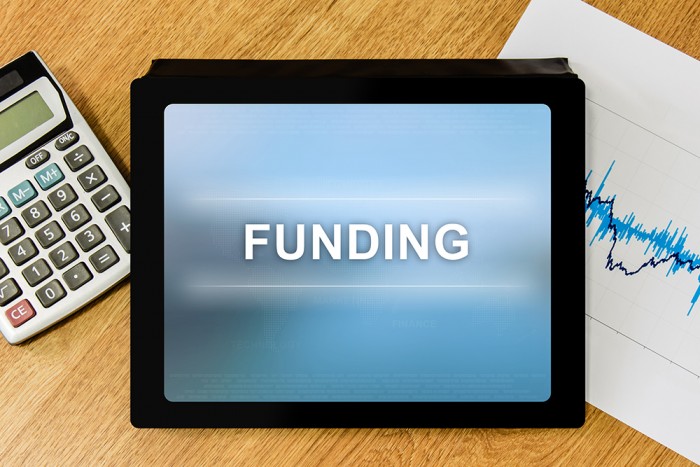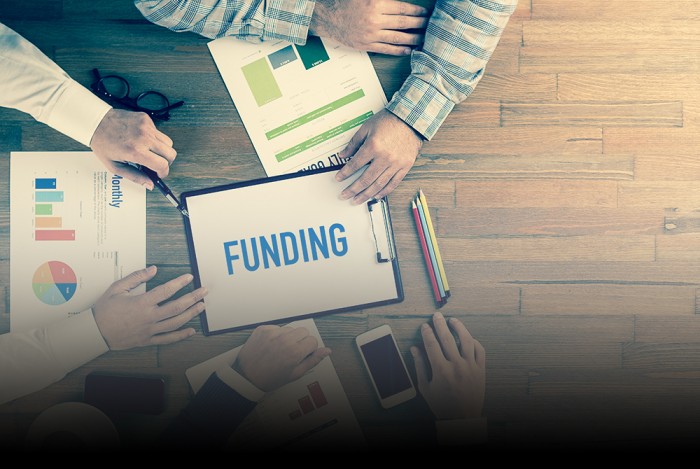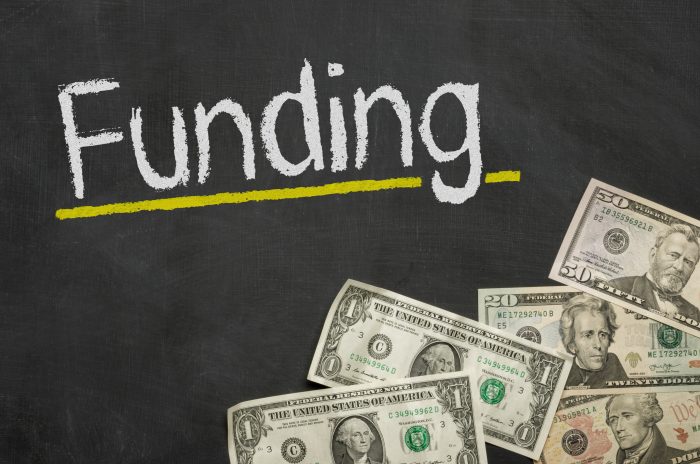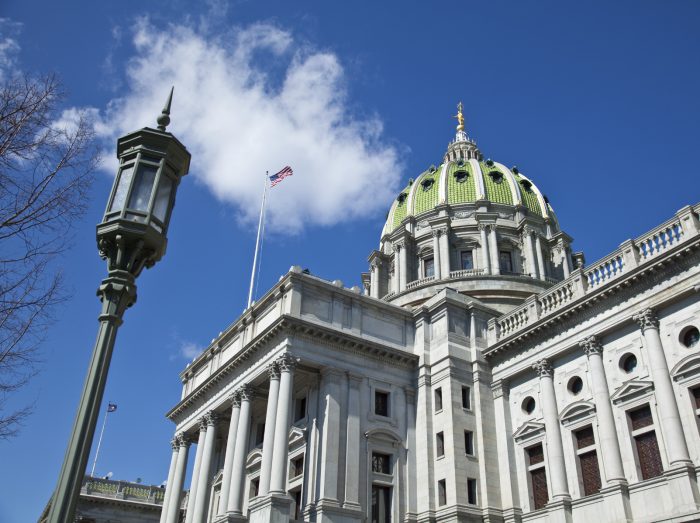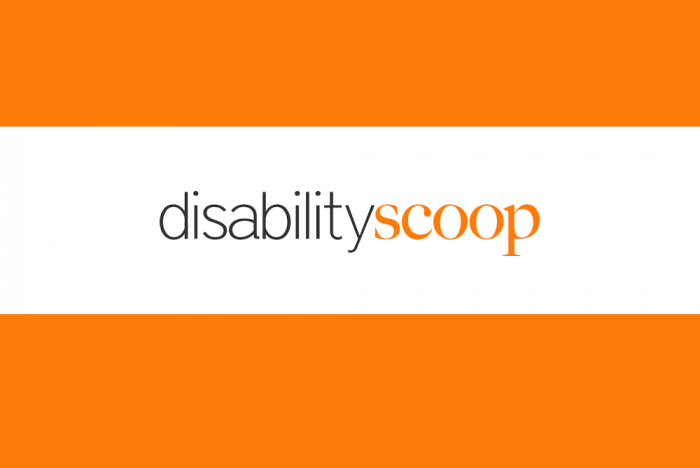Funding
DDAP Awards $9 Million to Four SCAs for Behavioral Health Crisis Stabilization
The Pennsylvania Department of Drug and Alcohol Programs (DDAP) today announced almost $9 million in grant funding awarded to four Single County Authorities (SCAs) to establish or expand crisis stabilization services for individuals with co-occurring mental health and substance use disorders (SUD). The funding is part of the more than $17 million allocated last year to DDAP by the General Assembly from Pennsylvania’s share of a total opioid settlement of $1.2 billion reached with three distributors and manufacturer Johnson & Johnson.
Crisis stabilization services include assessment and stabilization of acute physical and psychiatric symptoms, which may include medical management and behavioral interventions, induction on medications for opioid use disorder, level of care assessments, short-term stays, and connections to supportive services.
Grants up to $3 million each will be awarded to the following four SCAs, serving residents throughout seven counties:
- Dauphin County Drug and Alcohol Services;
- Bucks County Drug and Alcohol Commission;
- Delaware County Department of Human Services; and
- Blair County Drug and Alcohol Program.
The funding can be applied toward a range of activities, including construction and building infrastructure, staffing, and programming. DDAP’s goal in offering this funding opportunity is to provide an additional mechanism for counties to invest in infrastructure, staffing, programming, and other necessary components to establish or expand crisis stabilization services.
Eligible grantees were chosen based on information presented in their applications demonstrating their capacity to recognize and manage individuals presenting with a wide range of SUD-related symptoms, mental health disorders, and developmental disabilities.
OMHSAS Telehealth Funding Opportunity to Be Released on February 1
$7.2 Million Grant to Help Provide Mental Health Services to Montgomery County Students
This highly competitive Project AWARE grant, for which the intermediate unit will receive $1.8 million a year for four years, has only been awarded to approximately 20 entities across the United States.
Project AWARE is a nationwide grant created to develop a sustainable infrastructure for school-based mental health programs and services. The intermediate unit provides programs and services to Montgomery County school districts, career and technical schools, non-public schools and other organizations. Through its direct service to students, especially those most at risk, the intermediate unit has been able to identify ways to assist students and their families to navigate mental health supports and services.
“This grant award is a major recognition for the MCIU and reflects all the hard work and accomplishments of our MCIU employees in supporting students and families across the region,” Executive Director Regina Speaker said in a press release issued by the Intermediate Unit. “We appreciate the support of Senator Robert Casey and Congresswoman Madeleine Dean and many other partners, including the Pennsylvania Department of Education, for this grant project.”
The grant project will: expand suicide awareness training opportunities for students(K-12), implement a universal mental health screener to be utilized by school district or nonpublic school staff members and create an electronic data system to connect school mental health practitioners (e.g. psychologists, social workers and counselors) with community-based mental health providers that have immediate availability to support students in all levels of care (outpatient therapy to inpatient psychiatric care).
The MCIU is partnering with two other intermediate units on this project — Luzerne and Carbon-Lehigh County Intermediate Units — to proactively address students’ mental health needs.
RCPA recommends members in the Montgomery County region engage with the Montgomery County Intermediate Unit and local school districts for planning and discussions on how your continuum of services may benefit student mental health in the schools.
If you have further questions, please contact RCPA Children’s Mental Health Director Jim Sharp.
DDAP Makes $4 Million in Grant Funding Available to Serve BIPOC Communities
The Pennsylvania Department of Drug and Alcohol Programs (DDAP) is making available $4 million in grant funding for organizations to establish or expand substance use disorder (SUD) services, community outreach and education to Black, Indigenous, and People of Color (BIPOC) communities.
In 2020, overdose death rates increased 39 percent for black Pennsylvanians, compared to 2019. In 2021, black Pennsylvanians died from an overdose at a rate that was nearly two times higher than white Pennsylvanians.
Grants up to $400,000 each will be awarded for a 12-month period beginning July 1, 2023, through June 30, 2024. Funds can be applied toward a range of activities, including construction and building infrastructure, staffing, and evidence-based programming.
Eligible applicants include organizations that provide services, outreach, and/or education to BIPOC communities in any of the following areas:
- Harm reduction;
- Access to low-barrier medications for opioid use disorder and SUD treatment;
- Recovery and peer supports; and
- Reentry supports.
Funding for these grants is provided from the opioid settlement funding that the General Assembly appropriated to DDAP.
Download the Grant Initiative Funding Application.
RCPA Joins PA Providers in Supporting Funding for BH Commission Recommendations
DDAP Makes $4 Million in Grant Funding Available for Regional Recovery Hubs
The Pennsylvania Department of Drug and Alcohol Programs (DDAP) today announced the availability of more than $4 million in grant funding for the establishment of regional recovery hubs to enhance recovery supports and promote recovery within communities across Pennsylvania.
The nine regional recovery hubs throughout Pennsylvania will be designed to work to embed, expand, and promote a recovery-oriented system of care in each region using a hub and spoke model. Each regional “hub” will support community-driven services that will serve as spokes. Each hub will provide technical assistance and collaborate with a variety of community entities, sectors, and systems to enhance a recovery-supportive community and facilitate recovery support service delivery.
For more information, read the Grant Initiative Funding Application or visit DDAP’s Funding and Grants Process web page.
Congress Approves Boost To Special Ed, Disability Programs
ODP Announces Targeted Service Recovery and Expansion Supplemental Payments
ODP Announcement 23-001 provides information about the Office of Developmental Programs’ (ODP) initiative to utilize up to $40 million in American Rescue Plan Act (ARPA) funds as part of the ongoing systemic recovery of services for people with an intellectual disability and autism.
To support the ongoing restoration of the intellectual disability and autism service delivery system, ODP is implementing a supplemental recovery and expansion initiative utilizing ARPA funds. This initiative is designed to provide supplemental payments to support the recovery and service expansion in the following three areas: Community Participation Support, Employment, and Supports Coordination.
All questions and comments related to this announcement can be directed to the Rate Setting inbox.









